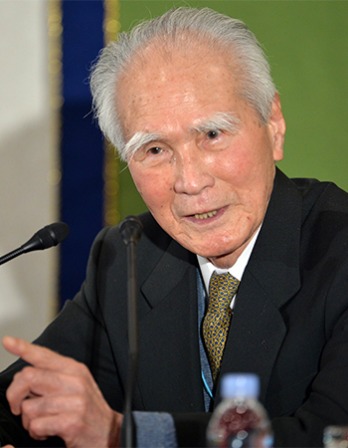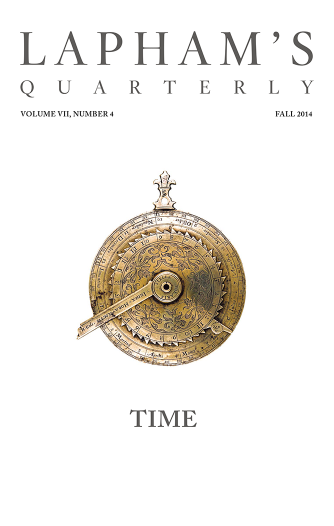It does not matter that the Creator has sown with stars the fields of ether and decked the earth with countless beauties for man’s enjoyment.
It does not matter that air and ocean teem with the wonders of innumerable forms of life to challenge man’s admiration and investigation. It does not matter that nature spreads forth all her scenes of beauty and gladness and pours forth the melodies of her myriad-tongued voices for man’s delectation. If liberty is ostracized and exiled, man is a slave, and the world rolls in space and whirls around the sun a gilded prison, a doomed dungeon, and though painted in all the enchanting hues that infinite art could command, it must still stand forth a blotch amid the shining spheres of the sidereal heavens, and those who cull from the vocabularies of nations, living or dead, their flashing phrases with which to apostrophize Liberty are engaged in perpetuating the most stupendous delusion the ages have known. Strike down liberty, no matter by what subtle and infernal art the deed is done, the spinal cord of humanity is sundered and the world is paralyzed by the indescribable crime.
Strike the fetters from the slave, give him liberty, and he becomes an inhabitant of the world. His soul expands beyond all boundaries. Emancipated by the genius of Liberty, he aspires to communion with all that is noble and beautiful, and feels himself allied to all the higher order of intelligences, and walks abroad, redeemed from animalism, ignorance, and superstition, a new being throbbing with glorious life.
From a speech. Debs was sentenced to six months in prison for his leadership of the 1894 Pullman Strike and delivered these remarks upon his release. Debs first began working in a rail yard at fourteen; in 1893 he organized the American Railway Union. He was later charged with espionage after giving an antiwar speech in 1918 noting that “the master class has always declared the wars; the subject class has always fought the battles.” In his opinion upholding Debs’ conviction, Oliver Wendell Holmes Jr. compared the case to Schenck v. United States, criticizing Debs’ “socialist crusade.”
Back to Issue




